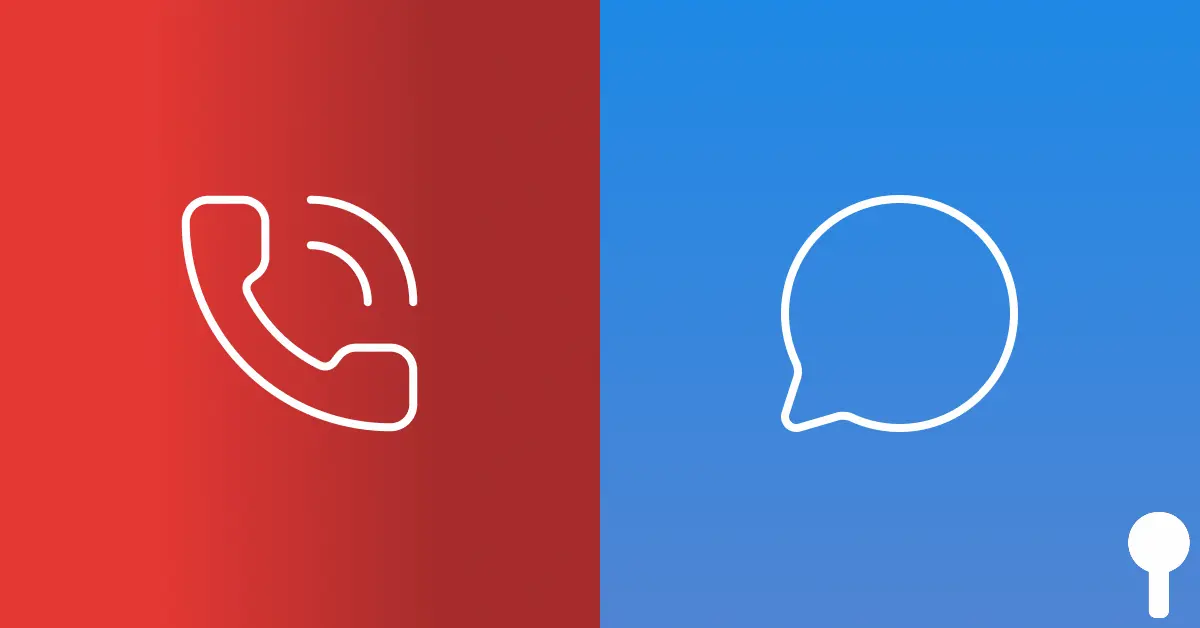
Autism Phone Anxiety: Why Texting Saves Energy
Heart rate spikes. I'm thinking what to say, what my tone should be. It's physically difficult to pick up the phone.
The vibration and ringtone hit like an alarm. I'm thinking what to say to my mom, what she might think, how she might react.
This sensory overload hits me before I even answer. My nervous system is already spiking before I say a single word.
Why Phone Calls Are Harder
Phone calls are sudden, alarming, and demand instant executive function—I have to plan my response, monitor my tone, and mask my actual state all at once. Very draining.
Texting is more predictable and easier to manage. Less tone to monitor. More time to choose my words. Just what to say—and I have a couple minutes to figure it out, not instantaneously.
For me as an autistic person, it's not just social discomfort—it's the combination of sensory overload from the ringtone, executive function demands for instant responses, and masking my autistic traits all happening simultaneously.
What Neurotypicals Don't Get
Most of them don't understand why I prefer texting.
I'll say: "Can we please just text instead of calling each other?"
Most get slightly offended by my request. They don't realize how sudden and unpredictable phone calls are compared to text messages.
What Phone Calls Cost Me
The sudden vibration especially. Unpredictable and high-intensity.
I lowered vibration intensity and ringtone volume. They are still audible, but not a jump-scare.
I lose 5 energy units after a phone call most of the time. Any special interests I'm currently doing are immediately halted for the rest of the day.
Phone call at 2 PM = no drawing, no gaming, no energy for anything I actually enjoy for the rest of the day.
Multiple calls in one week? That compounds into autistic burnout. My recovery time stretches from hours to days.
What Actually Helped
Tracking showed me the pattern. Noticing the impact phone calls had on my energy was crucial to make adjustments.
I reduced the volume and vibration intensity when being called—still loud enough to hear, but not overwhelming.
Before adjustment: 5-6 energy cost per call after adjustment: 2-3 energy cost per call.
Still functional, but way more bearable.
I'm Omari, a 23-year-old autistic adult who's been managing chronic burnout for 5+ years while working warehouse shifts.
This is why I built Spoons. To see what's actually draining me. To make adjustments that work.
Launching April 2026. getspoons.app - One email when it's ready. No spam.
— Omari
Note: I'm sharing my personal experience as an autistic adult, not medical advice. If you're experiencing severe burnout or crisis, please consult a healthcare provider familiar with autism.
